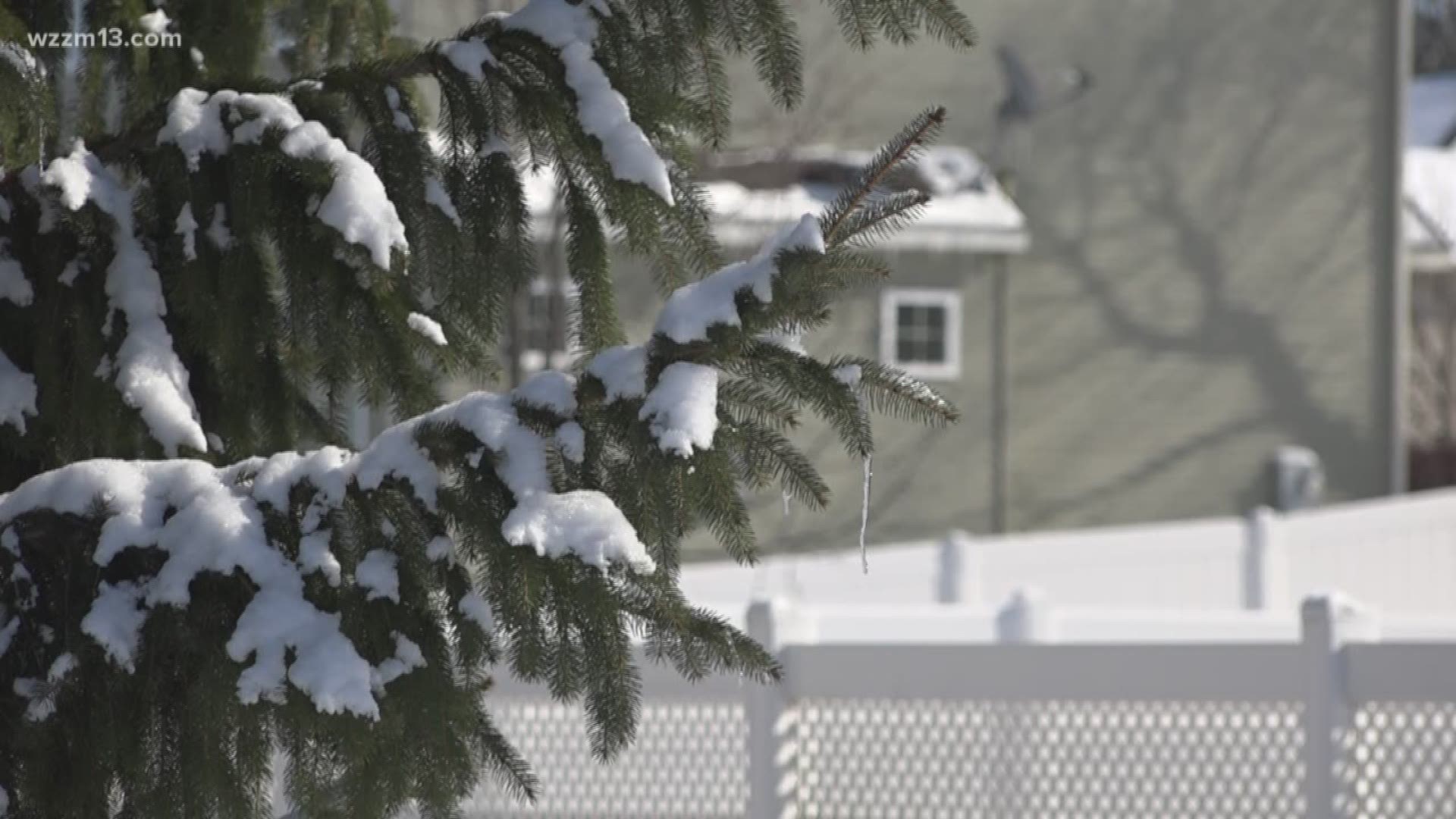ALLENDALE CHARTER TOWNSHIP, Mich. — Future housing developments built in Allendale Township must hook up homes to a municipal water source, officials said.
The fast-growing community made the decision last week in response to studies at Michigan State University, which found the groundwater below several Ottawa County communities is diminishing and becoming saltier.
Allendale is at that epicenter of communities concerned about wells running dry, said Allendale Township Supervisor Adam Elenbaas.
“Rather than waiting…for there to be an emergency water crisis in the future, we are planning for that now,” Elenbaas said. The Township previously established a temporary ban on certain well water developments before making it permanent last week.
The issue rose to prominence more than a decade ago when some developments in Allendale Township saw wells run dry and farmers had elevated levels of sodium chloride in their water.
The water for private wells in Allendale Township and other communities in central Ottawa County comes from a deep bedrock aquifer. A thick layer of clay blocks the system from recharging, as more water is being pumped out, said Paul Sachs, director of planning and performance improvement for Ottawa County.
“As water and snowfall percolate down from the ground, it hits that clay aquitard and cannot get down to that deep bedrock formation," Sachs said.
The issue of diminishing water levels is compounded by the elevated levels of sodium chloride found in the deep bedrock aquifer supply, he said.
In addition to threatening drinking water, the elevated sodium chloride levels can harm local crops and plumbing systems.
Other Ottawa County communities source their water either from an uninterrupted glacial aquifer system or connect to municipal water systems. Unlike Allendale Township, many central communities can’t rely on municipal water as a solution, Sachs said.
“We are developing a playbook of strategies and solutions that local units of government can pursue to help mitigate these groundwater management techniques,” he said.
One possibility is rerouting existing developments on well water to a municipal source to counteract new development. The playbook is expected this summer.
“There need to be a variety of techniques and tactics with a challenge of this magnitude,” Sachs said. “[We are also] educating the people about the need for water concentration. Even though we live in the Great Lakes State…our water is not limitless.”
►Make it easy to keep up to date with more stories like this. Download the 13 ON YOUR SIDE app now.
Have a news tip? Email news@13onyourside.com, visit our Facebook page or Twitter.

